Electric vehicles (EVs) are taking the world by storm, but they’re still not for everyone. Technology has done nothing but grow, but EVs still face a lot of challenges. These challenges are why a lot of people still aren’t quite convinced. In this article, we’ll explore some of the reasons why some people still say ‘no’ to EVs.
High Upfront Costs

For many people, the huge price tags of electric vehicles are a big barrier. Governments often offer tax credits and incentives to help people out, but EVs still seem to cost more upfront than traditional gas cars.
Although lower fuel and maintenance costs can save money over time, not everyone is ready to invest so much money to get themselves an EV when they could spend much less and get a normal car.
Limited Range

Concerns about range are still a massive concern for a lot of potential buyers. While newer EVs boast much longer ranges than they used to, older and more affordable models often didn’t offer enough to justify buying them. Drivers in rural areas or those with long commutes are bound to feel uneasy about running out of power far from a charging station or their own homes. This psychological barrier, often called “range anxiety,” is a very understandable reason for some people feeling deterred from EVs.
Charging Infrastructure Gaps
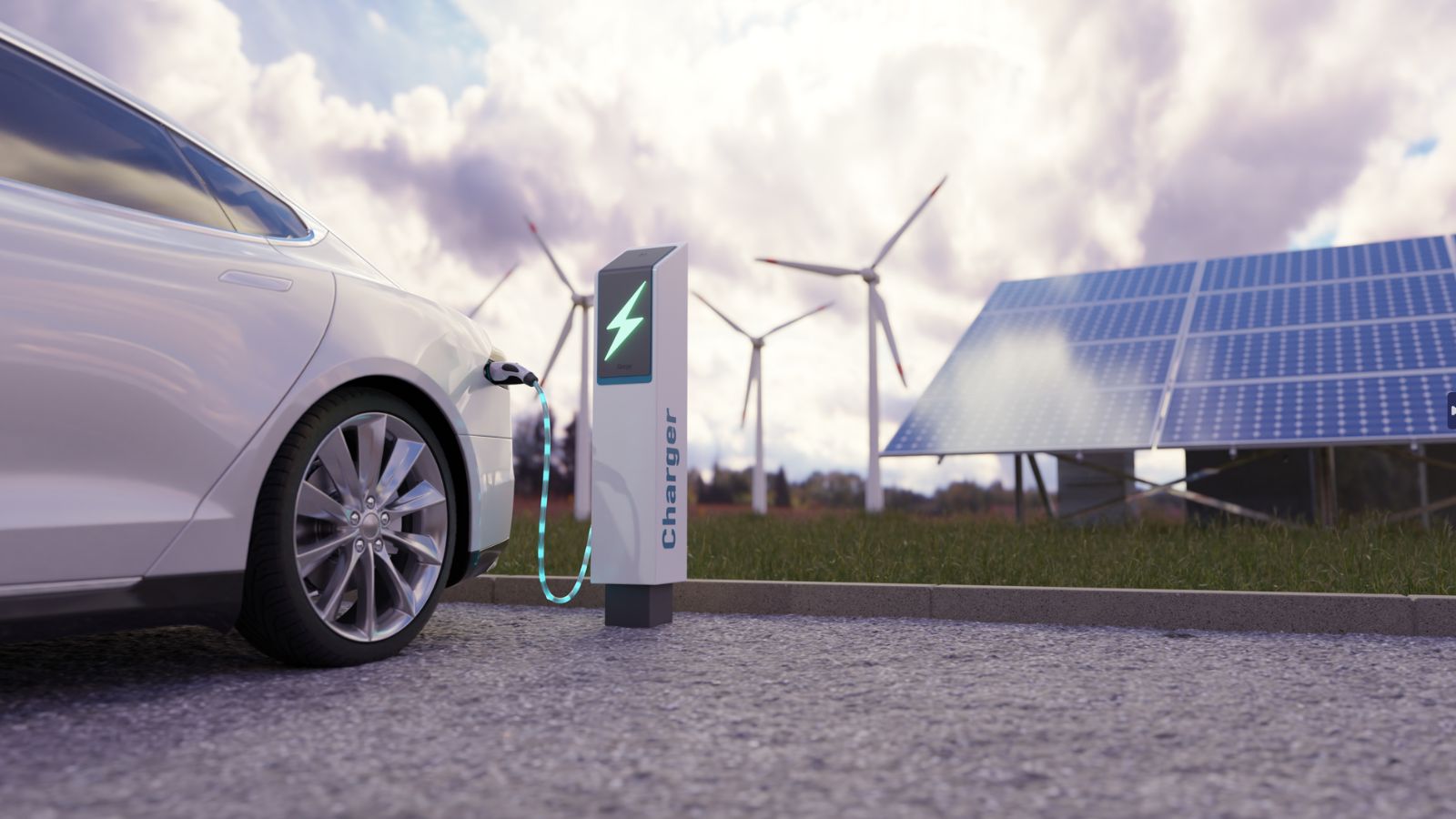
Public charging availability remains a big challenge for people all over the country, but it is especially bad for those in less densely populated areas. People who live in apartments or lack access to a home charger are in a position where they would have to rely solely on public charging points.
If there aren’t enough to go around, then these people will be left stranded if they choose an EV. Until the infrastructure grows, this limitation is going to hold many people back.
Long Charging Times
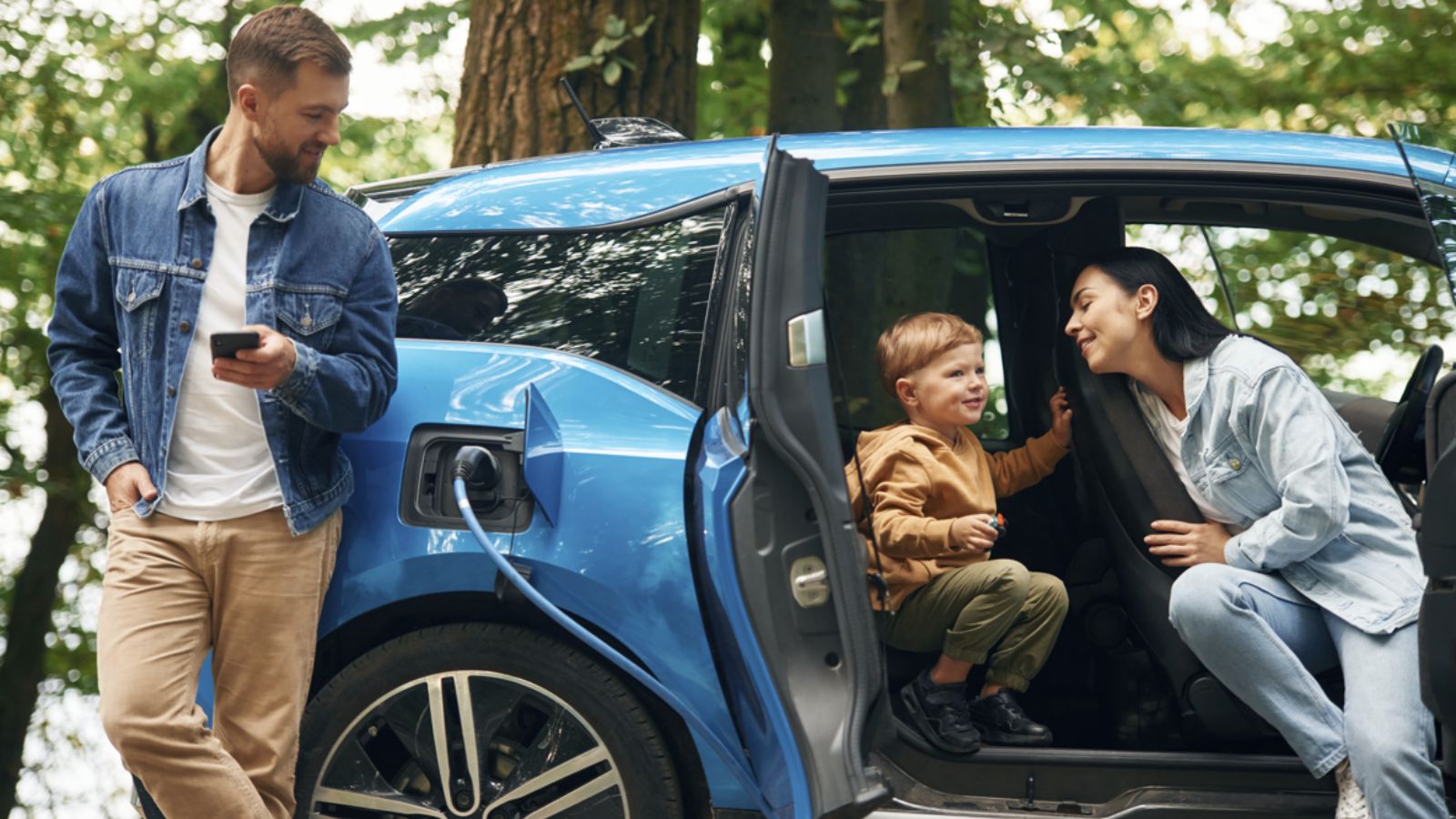
Waiting to charge an EV is nowhere near as quick as stopping at the pump to fill up on gas. Even the fastest chargers can take 30 minutes or more for a decent top-up, but using these fast chargers too frequently will end up damaging the very expensive battery powering your car. For people who frequently travel or have tight schedules, this is the kind of delay that cannot be accepted.
Battery Life Concerns

The longevity concerns of EV batteries are another valid worry for skeptics. Over time, all batteries lose some of their capacity, which radically reduces the car’s range and efficiency. Replacing a battery is expensive, and some have feared that their vehicle may not hold its value as well as a traditional car.
Although warranties help put these anxieties at ease, the uncertainty around battery lifespan still gives some buyers pause.
Limited Model Options

Compared to gas-powered cars, the variety of EV models is still relatively narrow. Those looking for a specific type of vehicle, such as a pickup truck or an affordable SUV, might feel that their choices are limited. Unfortunately, this is true. Right now, the EV market is substantially smaller than gas cars.
To make matters worse, the market for used EVs is even smaller. This means that most people only have the option of buying a new one, which is extremely expensive and forces people to reconsider whether they want to buy an EV in the first place.
High Electricity Costs in Some Areas

The cost of charging an EV varies a lot depending on where you live and what time you’re trying to charge your car. In areas with high electricity rates, the savings compared to gas-powered cars are negligible. At peak times, electricity prices can even make charging at certain times more expensive, substantially reducing the financial appeal of owning an EV.
Cold Weather Challenges

Living in a cold climate can make owning an EV more complicated. Batteries are much less efficient in freezing temperatures, which shortens the range by a lot and increases how much energy you consume when doing simple things like heating your cabin.
Drivers in snowy regions of the country rightfully worry about how well EVs perform in icy conditions and how reliable they will be in extreme cold.
Towing and Hauling Limitations

Drivers who need vehicles for towing or hauling heavy loads often find EVs less appealing because of the limiting factors they have. Many electric trucks and SUVs don’t match the towing capacity or range of gas-powered alternatives. Pulling a heavy trailer, for instance, can significantly reduce an EV’s range. This makes their gas-powered alternatives much more desirable for all the people who need a truck capable of transporting goods or equipment all the time.
Environmental Concerns with Manufacturing
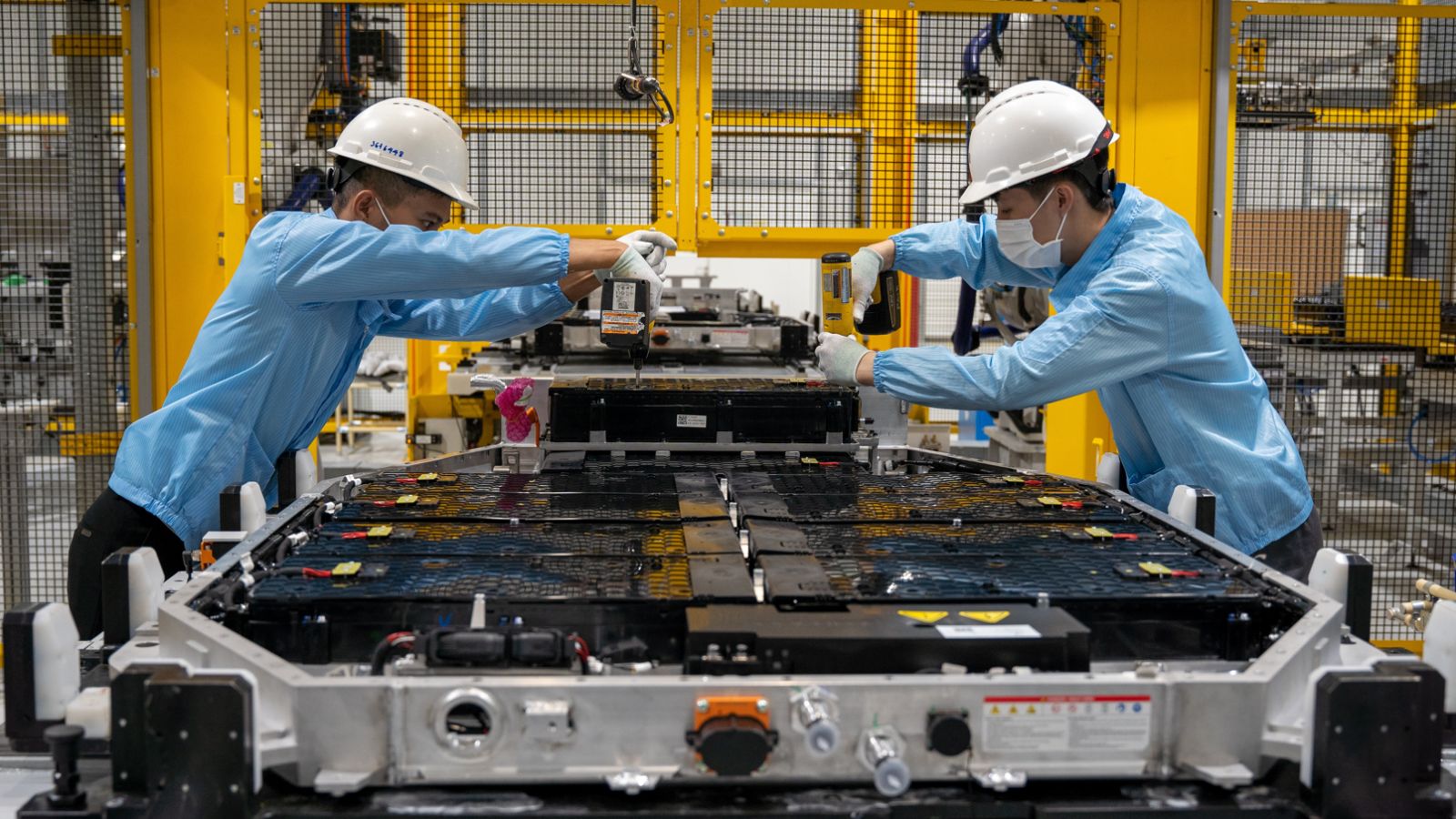
Not everyone is convinced that EVs are entirely green, so they’re much less interested in buying one. Critics point to all of the environmental costs of mining for materials like lithium, cobalt, and nickel that are needed for the development of batteries. With more EVs than ever coming to market, these mining processes are only going to get worse.
Lack of Familiarity
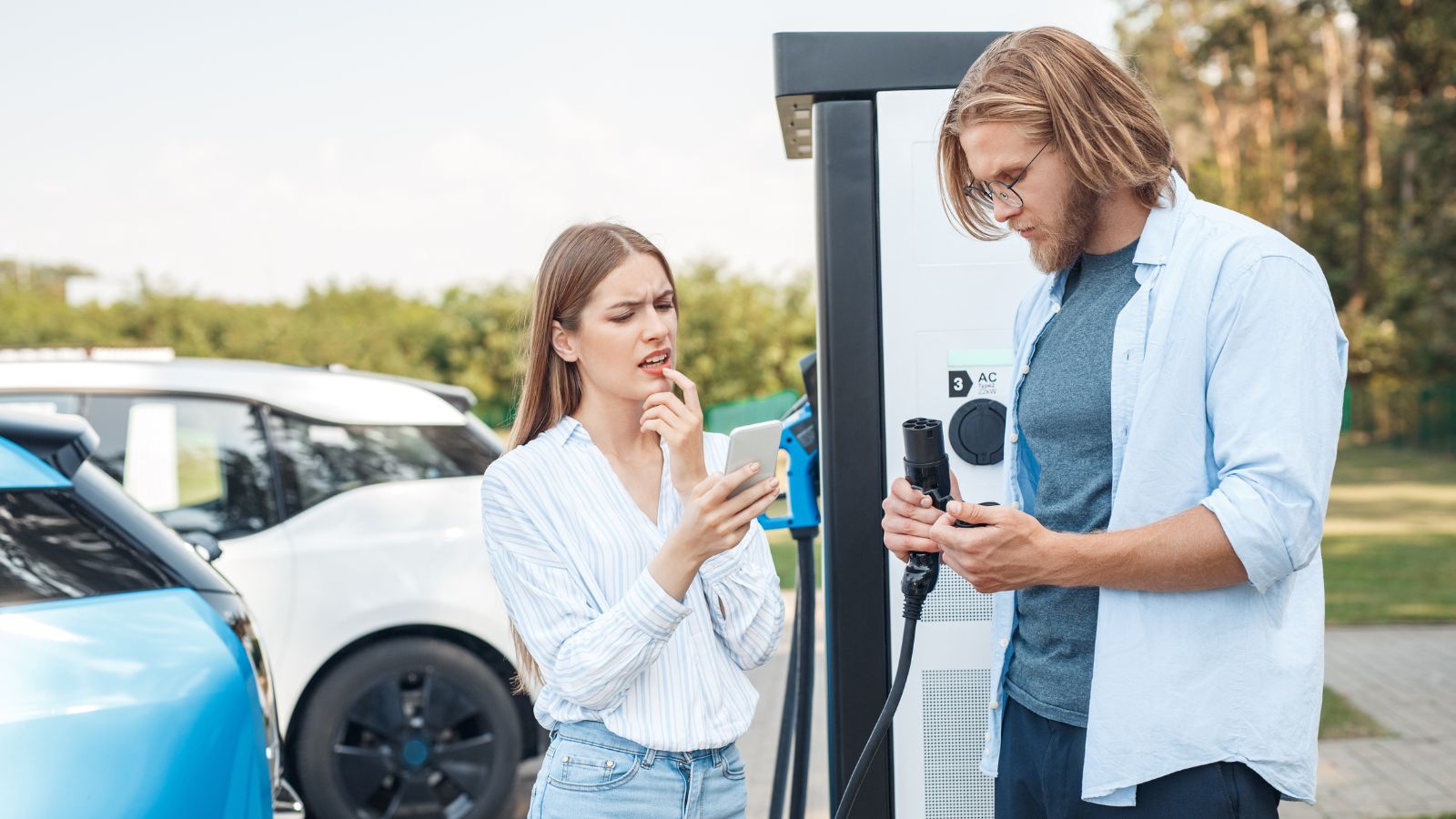
Switching to an EV requires adapting to a lot of new habits and technology, which some people find quite intimidating. Owning an EV means you have to learn about all the charging options and how to look after your battery properly.
Traditional cars offer familiarity, which makes it easier for some to stick with what they know rather than explore something new. We don’t always remember to charge our phones overnight, so it’s no surprise that people are reluctant to have to charge their cars, too.
Uncertain Resale Value

Potential buyers worry a lot about how well EVs will hold their value over time. With all the rapid advancements in battery technology, older models are going to become far less desirable far quicker than gas-powered cars.
Additionally, battery degradation could deter used car buyers who don’t want to be stuck with the huge costs of replacing them when they’re older. This uncertainty about depreciation leads a lot of people to hesitate before committing to an EV purchase.
Perception of Lackluster Driving Experience

Even with their instant torque and quiet operation, some drivers feel EVs lack the visceral thrill of traditional gas-powered cars. The sounds of the engine and the feeling of shifting gears are a beloved part of the driving experience. Without them, enthusiasts start to really miss the mechanical feel of driving. For those who value the sound and sensation of a powerful engine, EVs might not hit the mark.
Concerns About Grid Capacity
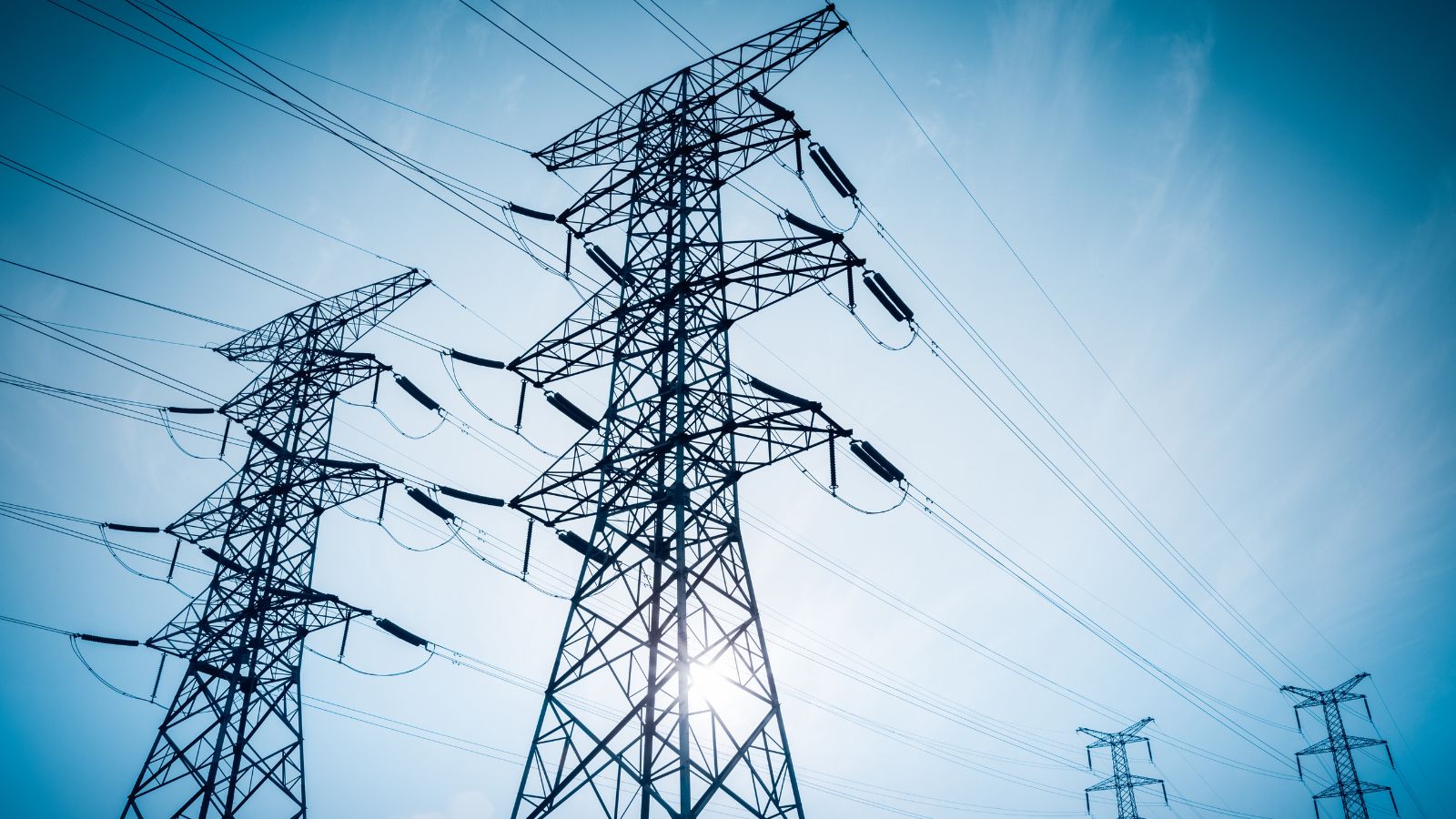
Some worry that a rapid increase in EV adoption could strain the electrical grid. In regions already experiencing power shortages or outages, the idea of adding millions of EVs to the mix raises questions about whether the infrastructure can handle the demand. Without quicker developments across the world, this will remain a valid concern.
